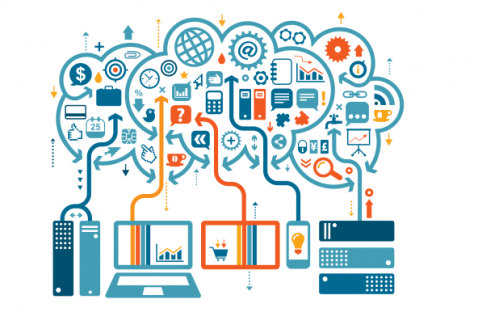Big Data
Big Data in aid
of natural disasters
With big data it helps us to
react sooner in natural disasters
by allowing data collection and
channeling information towards
a better organization during a
catastrophic event.
Importance of big data
Big data provides answers to many questions that companies didn't even know they had. In other words, it provides a point of reference. With such a large amount of information, the data can be shaped or tested in whatever way the company deems appropriate. By doing so, organizations are able to identify problems in a more understandable way.

Big data is like sunlight: it is everywhere and it is inexhaustible, but exploiting it to better understand the world around us is incredibly expensive, both in terms of data infrastructure and specialized personnel.
What is it?
Big are data sets or combinations of data sets whose size (volume), complexity (variability) and growth rate (speed) make it difficult to capture, manage, process or analyze them using conventional technologies and tools, such as relational databases. and conventional statistics or visualization packages, within the time necessary to be useful.

Big data infrastructure
The cost of the infrastructure to analyze big data is a brake on the deployment of your applications on a large scale. A second reason is the lack of qualified personnel, both in government agencies and in development and humanitarian aid organizations.

